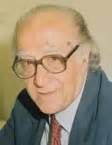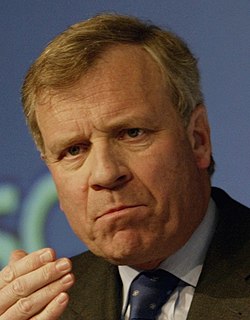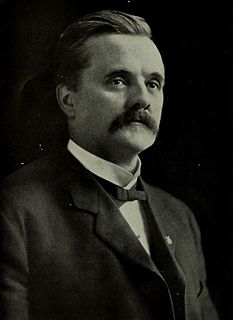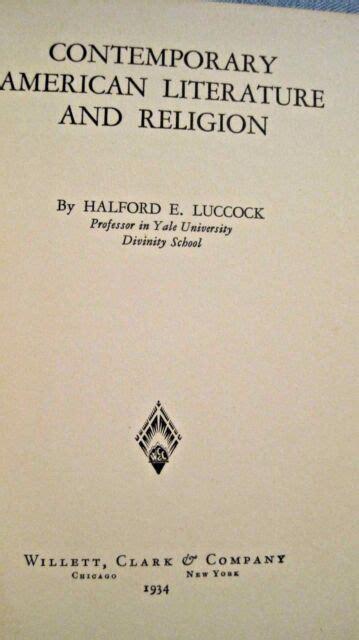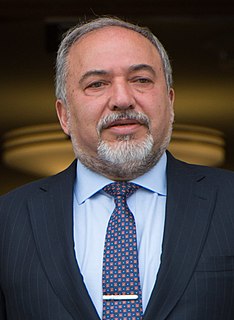A Quote by Jabra Ibrahim Jabra
They [Arabs] wanted to catch up with the modern world. The West appreciated that, but was more interested in colonies, markets, and spheres of influence. Such is the way in which historical forces operate: the give and take between nations, as between cultures, is no simple exchange
Related Quotes
Modern politics is, at bottom, a struggle not of men but of forces. The men become every year more and more creatures of force, massed about central powerhouses. The conflict is no longer between the men, but between the motors that drive the men, and the men tend to succumb to their own motive forces.
The key insight of Adam Smith's Wealth of Nations is misleadingly simple: if an exchange between two parties is voluntary, it will not take place unless both believe they will benefit from it. Most economic fallacies derive from the neglect of this simple insight, from the tendency to assume that there is a fixed pie, that one party can gain only at the expense of another.
The difference between the Parthenon and the World Trade Center, between a French wine glass and a German beer mug, between Bach and John Philip Sousa, between Sophocles and Shakespeare, between a bicycle and a horse, though explicable by historical moment, necessity, and destiny, is before all a difference of imagination.
The most powerful influence exercised by the Arabs on general natural physics was that directed to the advances of chemistry ; a science for which this race created a new era.(...) Besides making laudatory mention of that which we owe to the natural science of the Arabs in both the terrestrial and celestial spheres, we must likewise allude to their contributions in separate paths of intellectual development to the general mass of mathematical science.
There was a time, with the Berlin Wall down, that [it looked as if] the UN finally could do what it was set up to do, the rivalry between the two camps would dissipate, and we could all co-operate. And then, of course, Iraq came and blew it all apart. These upheavals will always take place in the world, and the design and construct of the UN ideally should be such that it can deal with these upheavals, and possibly influence them, and survive and thrive, but it doesn't work out that way, because as an organisation we are so dependent on the same member states.
If the resources of different nations are treated as exclusive properties of these nations as wholes, if international economic relations, instead of being relations between individuals, become increasingly relations between whole nations organized as trading bodies, they inevitably become the source of friction and envy between whole nations.
